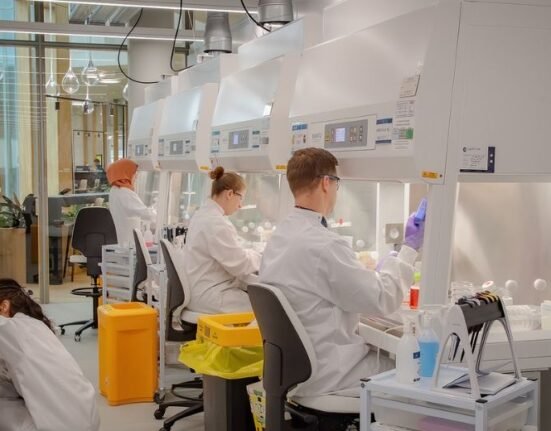HQ Team
April 25, 2024: The US health regulator has approved a drug of Utility Therapeutics to treat adult women, 18 years or older, with uncomplicated urinary tract infections.
Branded as Pivya by the company in the US market, the pivmecillinam tablets fight infections caused by susceptible isolates of Escherichia coli Proteus mirabilis and Staphylococcus saprophyticus.
Uncomplicated unitary tract infections are bacterial bladder infections in women with no structural abnormalities of their unitary tract. It is confined to the bladder and has not reached the kidneys.
About one-half of all women experience at least one urinary tract infection (UTI) in their lifetime.
According to the National Institutes of Health, the global incidence of UTIs increased by 60.40% from 252.25 million in 1990 to 404.61 million in 2019.
‘Frequent reason for antibiotic use’
“Uncomplicated UTIs are a very common condition impacting women and one of the most frequent reasons for antibiotic use,” said Peter Kim, M.D., M.S., director of the Division of Anti-Infectives in the FDA’s Center for Drug Evaluation and Research.
“The FDA is committed to fostering new antibiotic availability when they prove safe and effective, and Pivya will provide an additional treatment option for uncomplicated UTIs.”
Pivya’s efficacy in treating females 18 years of age or older with uncomplicated UTIs was assessed in three controlled clinical trials. The efficacy was measured by clinical cure and microbiological response.
During the trials, the drug was compared to different Pivya dosing regimens to placebo, to another oral antibacterial drug and ibuprofen (an anti-inflammatory drug).
62% success
In the clinical trial comparing Pivya to placebo, 62% of the 137 subjects who received Pivya achieved the composite response compared to 10% of the 134 who received placebo, according to an FDA statement.
During another clinical trial comparing Pivya to ibuprofen, 66% of the 105 subjects who received Pivya achieved composite response compared to 22% of the 119 who received ibuprofen.
Pivya was also compared to another oral antibacterial drug, in which 72% of the 127 subjects who received Pivya achieved composite response compared to 76% of the 132 who received the comparator drug.
The most common side effects of Pivya included nausea and diarrhoea, according to the FDA.
UTI infections were effectively managed with antibiotics, but increasingly the bacteria causing UTIs have become resistant to standard treatments.
In addition, antibiotic overuse has become a major challenge in a market where no new alternatives have become available for decades.
E coli
Several first-line treatments have been associated with significant safety concerns, leaving limited options for effective and safe therapies.
Enterobacteriaceae is a gram-negative family of bacteria, including E coli, that are a common cause of numerous infections in humans.
Most UTIs are caused by E coli. For more than 40 years, pivmecillinam (oral) and mecillinam (IV) have been used outside of the United States to successfully treat UTIs and are an integral part of patient care globally.
The treatment is recommended for first-line use in many countries and is part of the Infectious Diseases Society of America (IDSA) and the European Society for Microbiology and Infectious Diseases guidelines.








